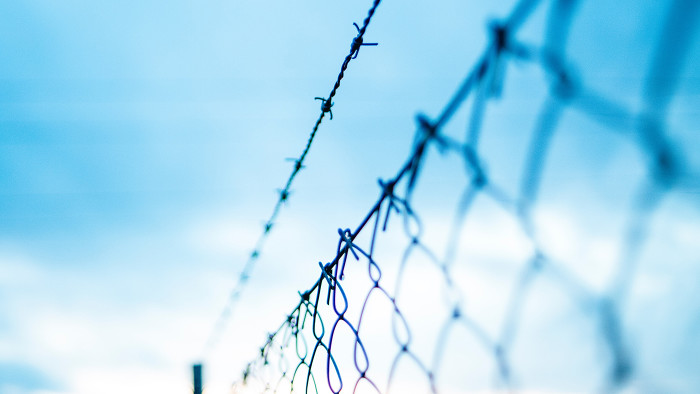
On this page
Extradition reform
Since 9/11, countries have made it quicker and easier to extradite people from one country to another to face trial or serve a sentence. Effective extradition systems are important but many states are using extradition in ways that threatens people’s human rights.
This includes extraditing people to countries where their human rights are at serious risk or extraditing them for minor offences where the human and financial cost of extradition is disproportionate. Many people who are extradited face long periods in pre-trial detention in countries where they may not speak the language or have any family support. We campaign to reform extradition systems and mechanisms to ensure that human rights are protected.
What do we want?
Extradition has severe consequences and states should only use it in extreme cases where no other option is available. Extradition laws should contain safeguards to ensure that basic human rights are respected. We want:
- protection against people being extradited when there is a real risk they will be subjected to human rights abuses;
- a requirement to exhaust less severe alternatives before turning to extradition;
- protection against disproportionate use of extradition for minor offences;
- protection against extradition to stand prosecution before a case is trial ready, which can result in unnecessarily lengthy periods of detention before trial;
- a fair and independent judicial process before any person is extradited, with a right to effective legal assistance including access to the case file and right to challenge in both countries before extradition; and
- a more transparent process for deciding where and when cross-border cases are prosecuted.
European Arrest Warrant
The European Arrest Warrant (EAW) was adopted in the wake of the 2001 9/11 attacks amid concerns that existing extradition laws were too cumbersome to effectively tackle serious cross-border crimes. In 2004, the EAW started to operate in the EU as a fast-track system for the arrest and extradition of a person to stand trial or serve a prison sentence in another Member State.
Originally intended as an instrument of cooperation in the fight against serious cross-border crimes, the European Arrest Warrant (EAW) is now disproportionately used for all types of offences, with negative impacts on people’s fundamental rights. People subject to EAWs are typically deprived of their liberty, either at a pre-trial stage pending their surrender or after sentencing for the execution of detention orders.
Alternatives to the EAW
We want the EU to use less restrictive alternative measures including:
- The European Supervision Order which allows a judicial authority to impose pre-trial supervision measures, such as an electronic bracelet, on a person residing in another Member State.
- The European Investigation Order which allows investigating authorities to gather evidence across borders such as testimonies via video link without having to request that persons be arrested and physically transferred.
In practice, however, these alternatives to detention are routinely disregarded, while the use of the EAW has steadily increased since 2005. Prison overcrowding in Europe remains alarming. This worsens prison conditions and undermines mutual trust and the functioning of mutual recognition instruments like the EAW. The COVID-19 pandemic brought the prison crisis to the fore, highlighting the risk of incarceration to life and health. The long-standing crisis in EU prisons is driven in part by excessive use of pre-trial detention. More than 20% of the prison population in Europe are people waiting for a trial.
